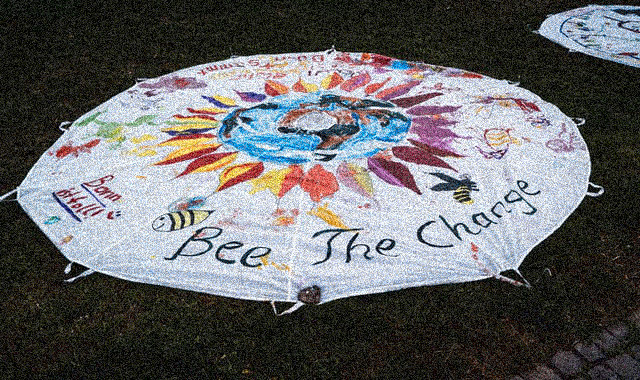Themis


Themis

Project period: November 2021 – October 2023
Target group: Teenagers (14-17 years old)
Coordinator: Pistes Solidaires (France)
Partners of the project: LARPS –Lycée Agricole et Rural Privé de Soule (France), INDEPCIE (Spain), Colegio Séneca S.C.A. (Spain), DRPDNM (Slovenia), GRM Novo mesto (Slovenia), PAYDAS (Turkey)

The context
In recent decades, an idea has emerged that environmental problems are not only problems of nature, but above all human problems.
The environmental crisis has a social dimension which tends to be widely recognised and which affects all areas: health, the economy, food, demography, etc.
This situation led the UNESCO World Conference on Environmental Education and Training to define environmental education as “A lifelong learning process in which individuals acquire an awareness of their environment, as well as the knowledge, values, skills, experience and determination to act, individually and collectively, to solve present and future environmental problems”.
In 1995, Howard Gardner completed the list of seven domains in his theory of multiple intelligences (1983) by adding an eighth: ecological intelligence.
Ecological intelligence is defined as the ability to perceive relationships between species, groups of objects and people, identifying differences or similarities between them.
“Ecological intelligence” by Daniel Goleman, 2009
In 2009, the American psychologist Daniel Goleman (who had previously defined and disseminated the term emotional intelligence) took up the concept of ecological intelligence.
He defines it as “the ability to live with as little ecological impact as possible”, adding that it is in fact “a necessary adaptation to an environment that is damaged by our own inability to make this leap of consciousness”.
In this latest book, he looks at how we can become more intelligent about the ecological impacts of our lifestyle – and how ecological intelligence, combined with market transparency, can create a mechanism for positive change.
The objectives
The Themis project (named after the Greek goddess, who embodied the law of nature and justice) aims to develop, promote and disseminate ecological intelligence among adolescents. It targets secondary school students (14-17 years old) and their teachers.
Themis aims to :
– to understand the impact of our actions on the environment ;
– to achieve a change of attitude,
– to acquire and develop social values and a deep appreciation of the environment.
The project aims to contribute to the promotion of active participation in the protection and enhancement of the environment.


